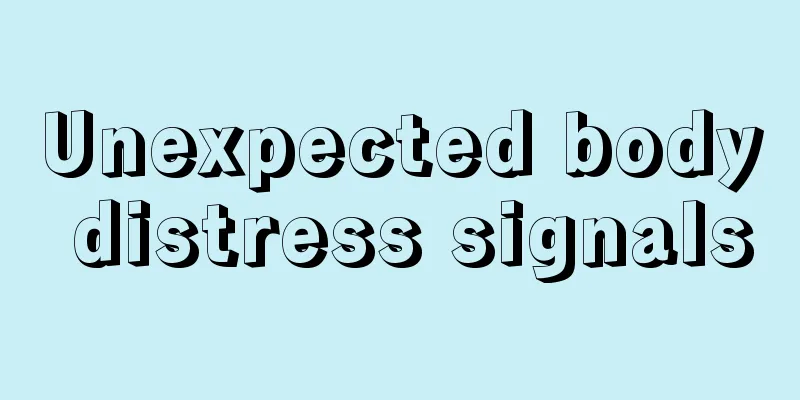What types of cerebral infarction are there?

|
Cerebral infarction is a disease that often occurs in middle-aged and elderly people. This disease is prone to relapse and leaves many sequelae. Some will leave some complications due to untimely rescue, such as hemiplegia. Cerebral infarction is divided into many types. The more common ones are arteriosclerosis, arterial inflammation, high blood pressure and high blood lipids. After understanding the types of cerebral infarction, you must find a suitable treatment plan to prevent some complications. What are the types of cerebral infarction? Cerebral infarction is a common and frequently occurring cerebrovascular disease, which mostly occurs in the elderly and is prone to relapse. The sequelae vary depending on the severity of the disease. Experts say that cerebral infarction can be divided into the following two categories: 1. The causes of non-embolic cerebral infarction are: 1. Atherosclerosis is the formation of blood clots on the basis of atherosclerotic plaques in the arterial walls. 2. Arteritis Inflammatory changes in cerebral arteries can cause changes in the blood vessel walls, narrowing of the lumen and formation of blood clots. 3. Hypertension can cause hyaline degeneration of the arterial wall and rupture of the arterial intima, making it easy for platelets to adhere and aggregate to form blood clots. 4. Blood diseases such as polycythemia are prone to thrombosis. 5. Mechanical compression: The outside of the cerebral blood vessels is compressed by nearby tumors and other factors, which may cause changes such as vascular occlusion. (B) The cause of embolic cerebral infarction is often a solid, liquid, or gas embolus brought into the skull by the blood flow, which blocks a cerebral blood vessel. There are many causes, mainly cardiac and non-cardiac: 1. Cardiogenic acute or subacute endocarditis, generally occurs on the basis of heart disease. Due to inflammation, growths form on the lesion's inner membrane, which then fall off and enter the skull through the bloodstream, causing cerebral embolism. Conditions such as rheumatic heart disease, myocardial infarction, congenital heart disease, heart tumors, and heart surgery can easily cause embolus to detach. Especially for these heart diseases, emboli are more likely to dislodge when atrial fibrillation occurs, which can cause cerebral embolism. 2. Non-cardiogenic air embolism, fat embolism during long bone fractures, pulmonary vein embolism, and cerebral vein embolism are all causes of non-cardiogenic cerebral embolism. Some cases where the source of the embolus cannot be found are called cerebral infarction of unknown origin. |
<<: How to take care of cerebral infarction
>>: Are thyroid follicular nodules serious?
Recommend
What are the treatments for restless legs syndrome
Restless legs syndrome is also called restless le...
Side effects of roselle
Roselle is a medicinal herb that is more commonly...
What are the symptoms of early lymphoma patients
Lymphoma is a common malignant tumor in the human...
Why does brain cancer prefer children?
Brain cancer is a malignant tumor that grows insi...
How is kidney cancer classified
In recent years, kidney cancer has become one of ...
What are the chemotherapy drugs for kidney cancer
Chemotherapy is the use of drugs to treat cancer....
What is dry eczema?
Dry eczema, also known as sebaceous eczema, refer...
Does a new bed contain formaldehyde?
A newly purchased bed may contain formaldehyde. I...
What foods can you eat to prevent liver cancer? To prevent liver cancer, never eat spoiled or moldy food
I believe many of you know the importance of a he...
How to take care of liver cancer in the late stage? Liver cancer specifically targets these 11 types of people!
my country is a country with a high incidence of ...
Eating grapes while sleeping will make you fat
In our daily life, we often eat grapes. The taste...
What to do if platelet antibodies are high
The impact of disease on the body is everywhere. ...
Is there a cure for advanced lung cancer?
Lung cancer is now a relatively common cancer in ...
Does pelvic repair really work?
For new mothers, their bodies will gradually reco...
What nutrients does sub-healthy skin need?
1. Increase the intake of various vitamins Vitami...









